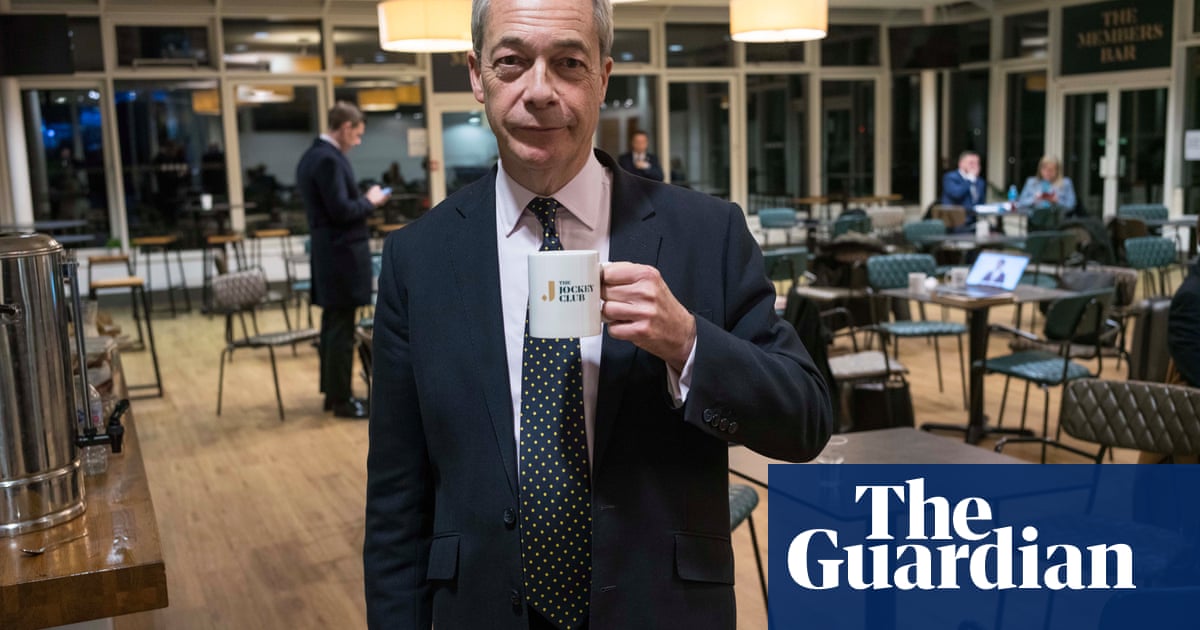The wealthiest baby boomers are more than twice as likely to pass on gifts to their children than their poorer counterparts, according to research suggesting that a huge transfer of wealth and assets now taking place will exacerbate inequalities.
Britain’s decades-long wealth boom is now being passed down the generations. The number of gifts and inheritances were hitting record highs at the end of the 2010s. However, the way it is being distributed means that wealth inequalities look set to echo long into the future, according to new research from the Resolution Foundation to be published this week.
Britain’s wealth boom has been fuelled by house prices in recent decades. The value of UK household wealth soared from three times the size of the economy in the mid-1980s to seven times its size on the eve of the pandemic. That wealth is now cascading down to children and grandchildren.
By 2023, people in their late 60s were £115,000 wealthier than those of the same age in 2006-08. The overwhelming majority of them expect to hand down their wealth to their children. Eight out of 10 adults over 50 currently expect to leave an inheritance.
The number of people receiving large financial gifts of more than £10,000 over a two-year period has more than doubled in the past decade.
As a result, the massive transfer of funds taking place is playing a major role in helping younger workers on to the housing ladder. More than a third of recent first-time buyers had used gifts from family or friends to help them. However, the report’s researchers warn that this wave of financial gifts is being distributed unequally across the population.
Crucially, the study finds 94% of the wealthiest fifth of households expect to leave a bequest, compared with just 44% in the bottom fifth. As a result, home ownership is taking on an increasingly hereditary quality. Some 92% of outright owners expect to leave a bequest, compared with 45% of renters.
David Willetts, president of the Resolution Foundation, warned the inequalities being produced could fuel disenchantment among those left out of the wealth transfer taking place. “Inheritance matters more, and trying to get a house out of your earnings has got harder,” he said. “Wealth can also skip a generation, which helps the grandchildren. Grandparenthood starts mattering more, either because you get money directly from your grandparents or your parents pass it on to you.
“If there are a lot of people for whom getting a stake in society is harder even if they’re working hard and earning a decent income – as owning a home of their own and having a decent pension looks harder – then you definitely have a larger group of people who just simply don’t feel society and the economic system is rewarding their hard work.”
In another concern for a government anxious to stop people leaving the workforce, there is some evidence that bequests are leading to some people retiring early on the proceeds. With the value of inheritances set to double over the next 20 years, the report says skilled workers could use unearned financial windfalls to retire early, therefore paying less tax as a result and affecting the the public finances.
“We’re also showing that the age of inheritance is actually about 60 years old,” said Willetts. “Those people might use it for paying off the mortgage, and it does appear to be associated with increasing the chances that you stop work. It could be the inheritance phenomenon that helps explain why some people in their late 50s, early 60s, are withdrawing from the labour market.”
Molly Broome, an economist at the Resolution Foundation, said: “With the value of inheritances looking on track to potentially double over the next 20 years, this could represent a significant generational transfer of wealth. These wealth transfers risk entrenching existing inequalities, as individuals without wealthy home-owning parents miss out on a double advantage.”

.png) 1 month ago
23
1 month ago
23













































